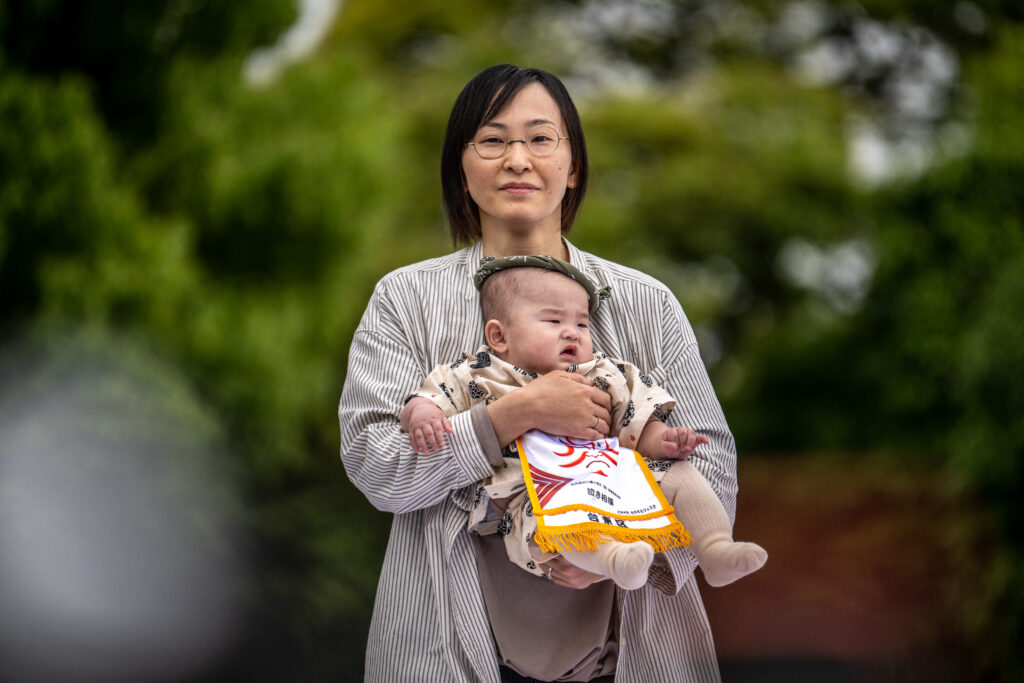
- ARAB NEWS
- 18 Aug 2025

TOKYO: Japan’s parliament Wednesday enacted a bill aimed at bolstering measures to tackle the country’s declining birthrate.
To secure funds necessary for the expanded measures, such as removing the income cap on child allowances, the government will collect “support funds” widely from the general public, in the form of extra fees to be added to public medical insurance premiums.
The bill to amend related laws was approved by a majority vote with support mainly from the ruling camp at a plenary meeting of the House of Councillors, the upper chamber of the Diet, following its passage through the House of Representatives, the lower chamber, in April.
On the support fund scheme, under which the fee collection will start in stages from fiscal 2026, the government has explained that it will promote spending reforms and take other steps so that there will be no real additional burden imposed on the people. It is unclear, however, whether this explanation can win public understanding.
The government plans to secure 3.6 trillion yen annually by fiscal 2028 for the expanded child-rearing assistance measures. Of the total, 1 trillion yen will come from the support fund scheme.
According to the government’s estimates, the average monthly fee will be 800 yen in fiscal 2028 for those covered by employee health insurance programs.
The fees will vary depending on the insurance type and annual income.
The monthly average is estimated at 850 yen for members of health insurance programs for workers of large companies and 950 yen for members of the “kyosai” programs for public servants. By annual income, 1,000 yen is expected to be charged on those earning 6 million yen and 1,350 yen on those earning 8 million yen.
The average amount is projected at 350 yen for members of the health insurance program for people aged 75 or older and 600 yen for households of the national health insurance program mainly for self-employed people.
The government will remove the income cap on child allowances starting this October and expand the allowance scheme to cover children up to high school age, instead of until junior high school age under the current scheme. The monthly allowance will be doubled for the third child and beyond.
Also under the legislation, a scheme to allow any children to enroll in nursery facilities regardless of whether their parents work or not will be introduced in fiscal 2025 and will be implemented across the country from fiscal 2026.
To encourage paternal involvement in child-rearing, the amount of childcare leave benefits will be raised to a level equivalent to the full amount of after-tax pay prior to the leave, if both parents take such leave for at least 14 days, starting in fiscal 2025. For people working shorter hours while raising infants under 2 years of age, benefits worth 10 percent of their pay will be provided.
JIJI Press